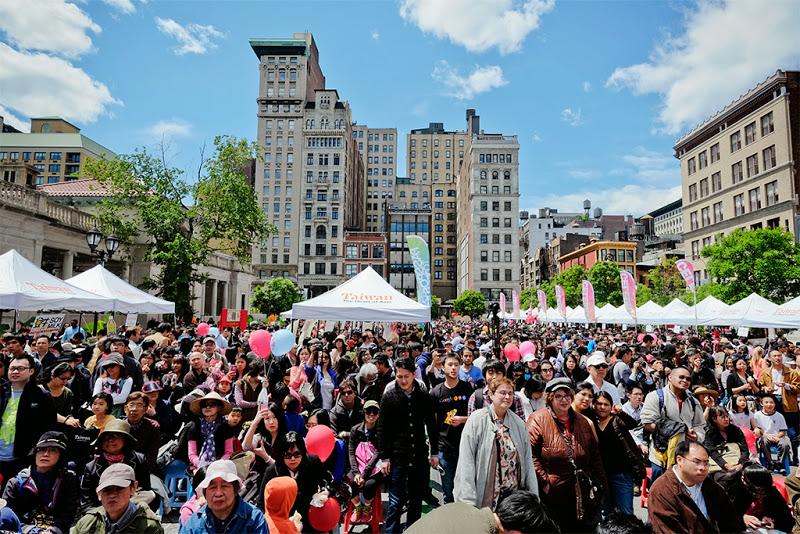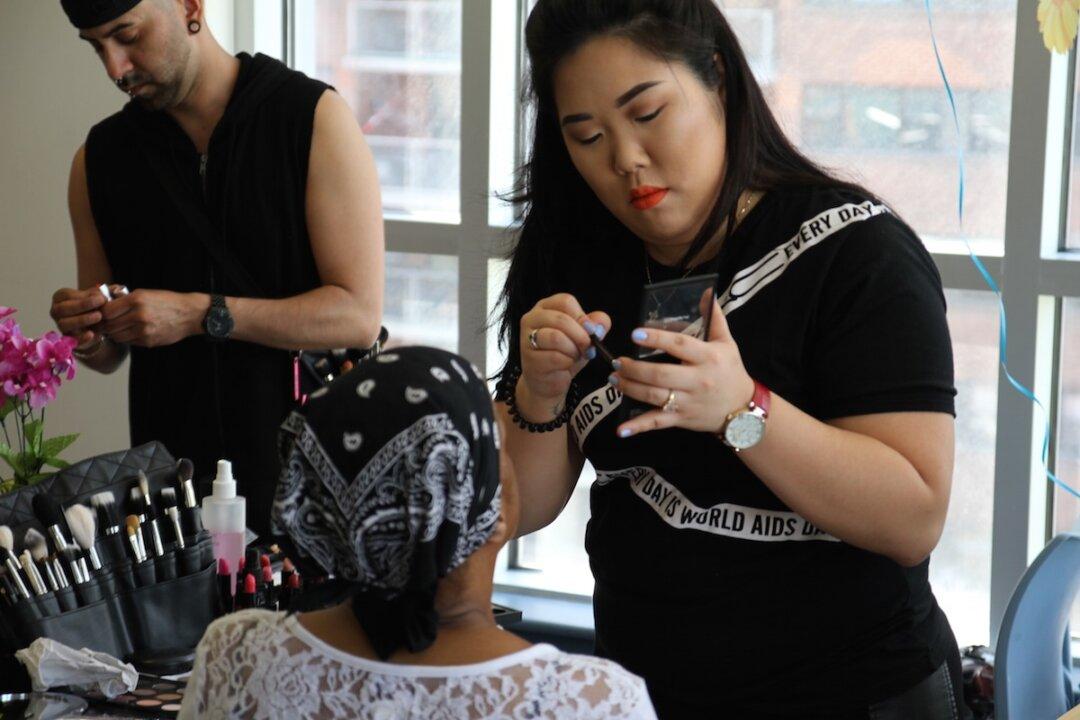Instead of working hard, youth in China just want a rich dad to leech off of, say most Chinese, according to an online survey.
Nearly 84 percent of the 3,809 surveyed by the state-run China Youth Daily, voted for dads over hard-work, with only ten percent saying that hard-work was a key to success.
In China, pin die, meaning to see whose dad is most powerful and establish a hierarchy among children, is a well-known social phenomenon that reflects how deeply entrenched nepotism is—from sons of officials to businessmen.
There are so many instances of nepotism, Li Zhixin, 26, a service company worker who graduated from Renmin University of China, told the state-run China Youth Daily. “I’ve had a classmate who—although he wasn’t a great student in high school—just by using his family connections with the bank and the Chinese Communist Party, he made it to a prestigious university.”
A just graduated college student easily landed a job at a large state-owned bank that normally required six interviews and exams because he is related to a high level manager, said his former classmate Guo Tong, 24, a student in Hong Kong Polytechnic University.
“Who you know is paramount. This is not just recognized privately, but also officially,” wrote Stephen Asma, who has lived in China before, in his philosophy book Against Fairness published in 2012. “In Chinese culture, you need to build elaborate connections with friends, coworkers, and neighbors. Without good connections, you’re going nowhere fast.”
A Beijing pharmacy worker, surnamed Bai, said that in his department, family members of workers could get jobs with many chances at promotions regardless of where they had studied or what they had majored in.
“Power and money become the whole purpose of socializing,” Chen Youhua, a director of the social work department at Nanjing University, told the Youth Daily, “Comparing wealthy fathers can affect the psyche of youth in different social classes—the upper class becomes domineering, while the middle and lower classes grow depressed.”
“Don’t always blame us for seeking support from our elders! If we didn’t rely on them, we couldn’t survive,” a netizen in Fujian Province wrote on Sina Weibo, China’s Twitter-like platform. “When there’s no gas in my car, I ask my dad for gas and cry and beg my mom for some pocket money.”
About sixty percent of those surveyed in the Youth Daily poll believe that “hard-work is really difficult.” Most said that many youth lack motivation and a little less than half expressed worry that about young people’s futures.
When asked what did they first think of when a problem occurred, 25 percent said they would let their fathers handle the problem.
The phenomenon of having the father bestow benefits on his children extends far into the Chinese regime’s ranks, according to Cheng Li, a scholar at the Brookings Institution, a Washington think-tank. “The top officials who come from privileged family backgrounds are generally suspected of having reached their high positions primarily because of political nepotism.”
An official’s son described the benefits he enjoyed thanks to his father in an April 2011 forum post, “I don’t need to pay for fixing my car. I used gift cards given by my dad’s friends to buy my clothes. When I go out to eat, I can write my dad’s department’s name down and get it reimbursed. I became a deputy director for a company, despite having only two bachelor degrees. My department gave me a house, a car, and pays for my gas. That’s enough.”
“High level officials these days all come from old money—they all relied on their dads,” commented a netizen in Hebei Province on Weibo. “It was like this in the past and it’s the same now: Father fights the war, son wins the world. It’s a historic rule; others can only be slaves.”
Translation and research contributed by Lu Chen.




